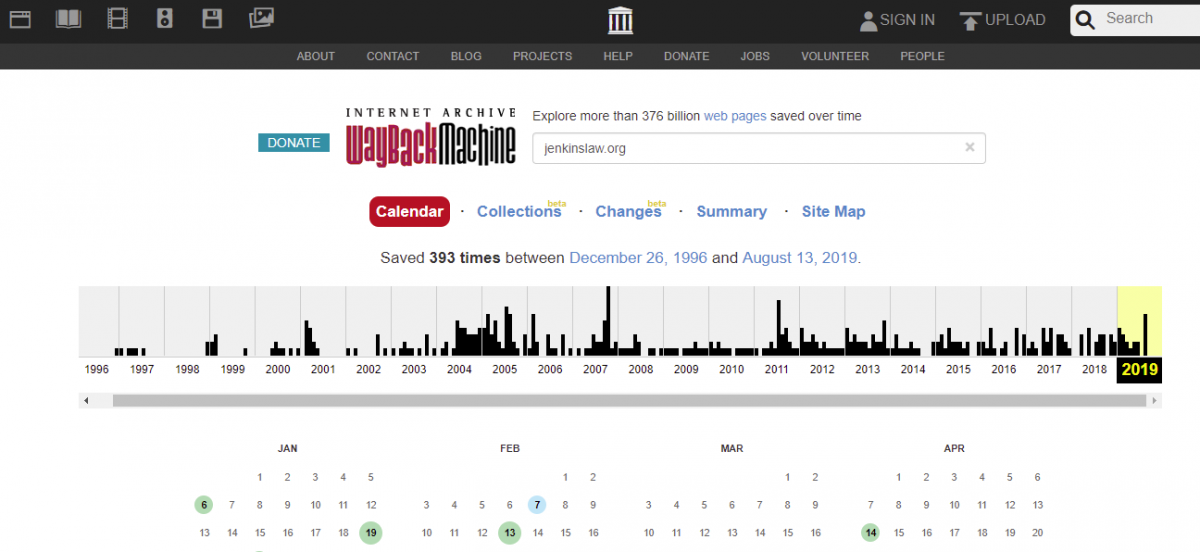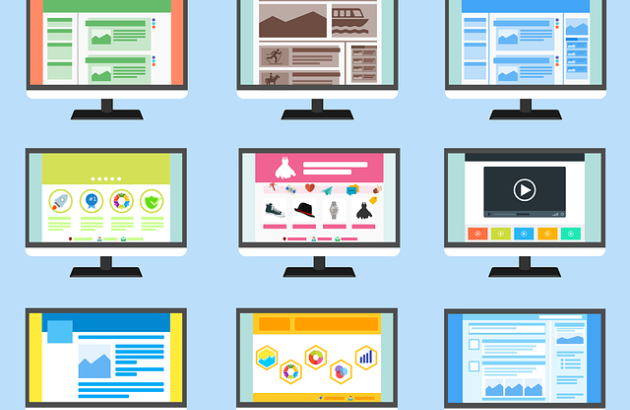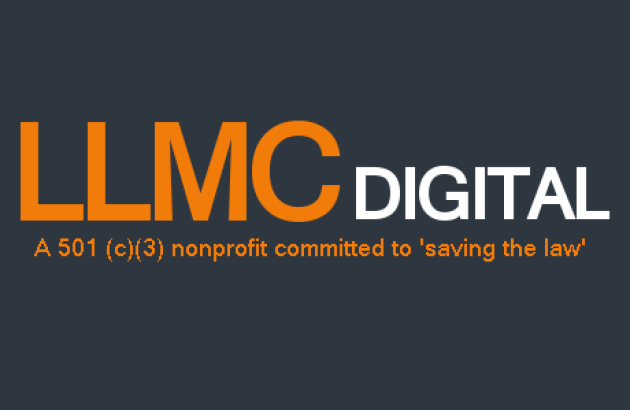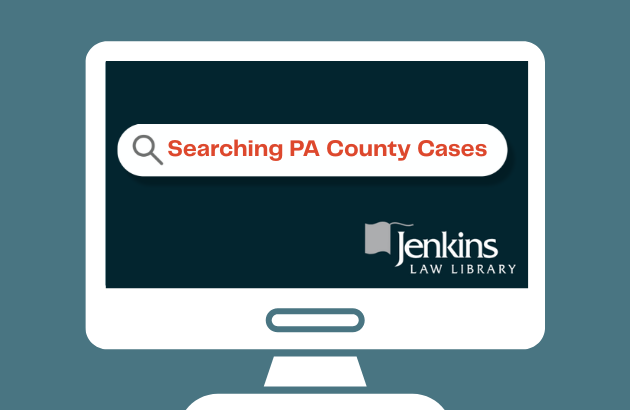Blog
Surf the Past Web with the Wayback Machine
The Wayback Machine is a digital service provided by the Internet Archive that allows users to view an archive of captured websites. The captures provide a snapshot of how a website looked at a certain point in time. These captures have been used by attorneys in cases as legal evidence. In July 2018, a 2nd Circuit judge affirmed that screenshots taken from the Wayback Machine can be admissible as evidence, as long as they are sufficiently authenticated (894 F.3d 482). Websites are continually changing and easily manipulated, so having an archived version can be very valuable.
To use the Wayback Machine, enter a URL in the search bar for a list of available captures of the website. The captures are outlined in a timeline and calendar view, as seen below. Choosing a highlighted date will show you how the web page looked at the time of the capture.

Check out the first capture of our website, jenkinslaw.org from 1996!
The Wayback Machine uses automated crawlers to locate and capture websites. You can also manually archive a page using the “Save Page Now” feature.

The Wayback Machine can be useful in many circumstances including navigating around broken links, finding previous versions of articles, or just browsing the classic versions of your favorite sites. Give it a try!




